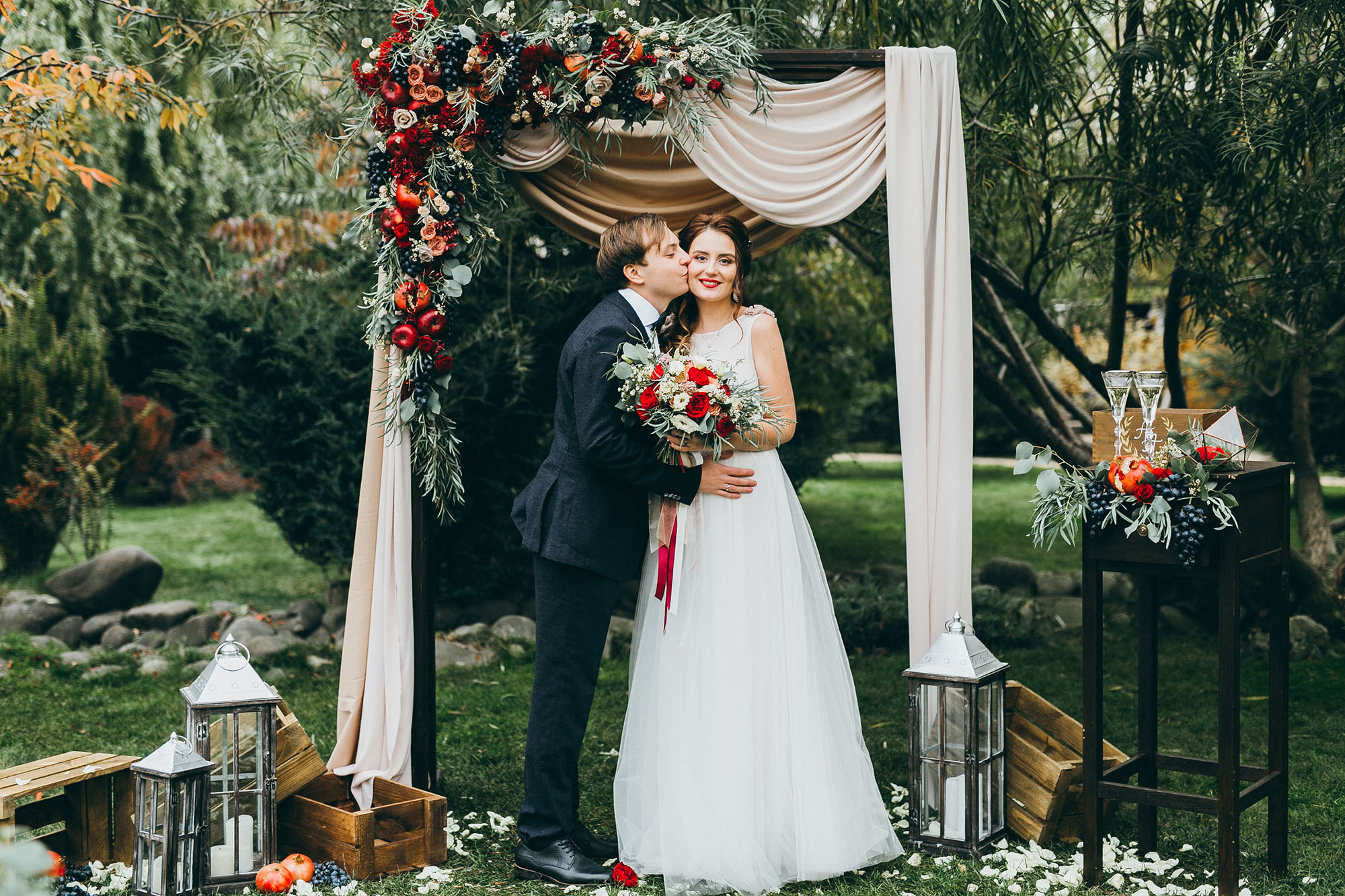As you plan your outdoor wedding reception, and before you make your final site choice, there are four important factors you need to keep in mind regarding your entertainment: the location of the power source, the size of the reception area, the size of the dance floor and rules of the local noise ordinance.
Power Source for your Entertainment
In order for your DJ’s equipment to work properly, a 120V power source that is no more than 200 feet from his set up location is required. When your DJ’s location is further than 200 feet from a stationary power source, a quiet, 120V portable generator may be used. Because generators can be noisy, try to situate it at least 100 feet from the reception area and no further than 200 feet, as your DJ will need to run a power cord between the generator and his sound equipment.
Size of your Reception Area
The amount of equipment your music provider needs is determined by the size of the reception area and how many guests will be in attendance. Good sound requires an enclosed space in order to create an area of acoustics. If sound waves are not reflected back to listeners by barrier objects, such as walls and ceilings, the sound travels past listeners and is never heard from again.
Tents are necessary to shelter your guests and expensive sound equipment from hot sun, wind or rain but are also needed to protect sound quality. Good tents have side walls — great for blocking wind, which interferes with sound, too. The larger your tent and audience size, the more the sound may be needed to entertain guests.
When calculating the size of the tent, don’t forget to factor in an area for your dance floor and DJ. One of the benefits of hiring a DJ: he doesn’t require much room! Set aside a 10’ x 6’ area for him. If you want to give him a little more elbow room, a 10’ x 10’ area is more than adequate for his needs.
Size of your Dance Floor
There’s never a good reason to fret about the size of your dance floor. Given great music, people will dance anywhere, anytime. Even if you’re inviting 300 guests, you won’t need a gigantic dance floor. You can accommodate dancers with a 20’ x 20’ minimum area of rented flooring, and keep an area around it empty of tables or chairs so your “overflow” dancers may boogie, too.
Rules of the Noise Ordinance
Once you’ve decided on a location, ask the village, city, or township zoning board to provide you with a copy of its noise ordinance. Some communities require outdoor music to be kept within a certain decibel range and/or impose a curfew on noise after a certain time in the evening.
Be courteous to neighboring property owners by informing them of your plans. If the spirit of the occasion moves you, spread a little goodwill by inviting them to join in the good times, too.
